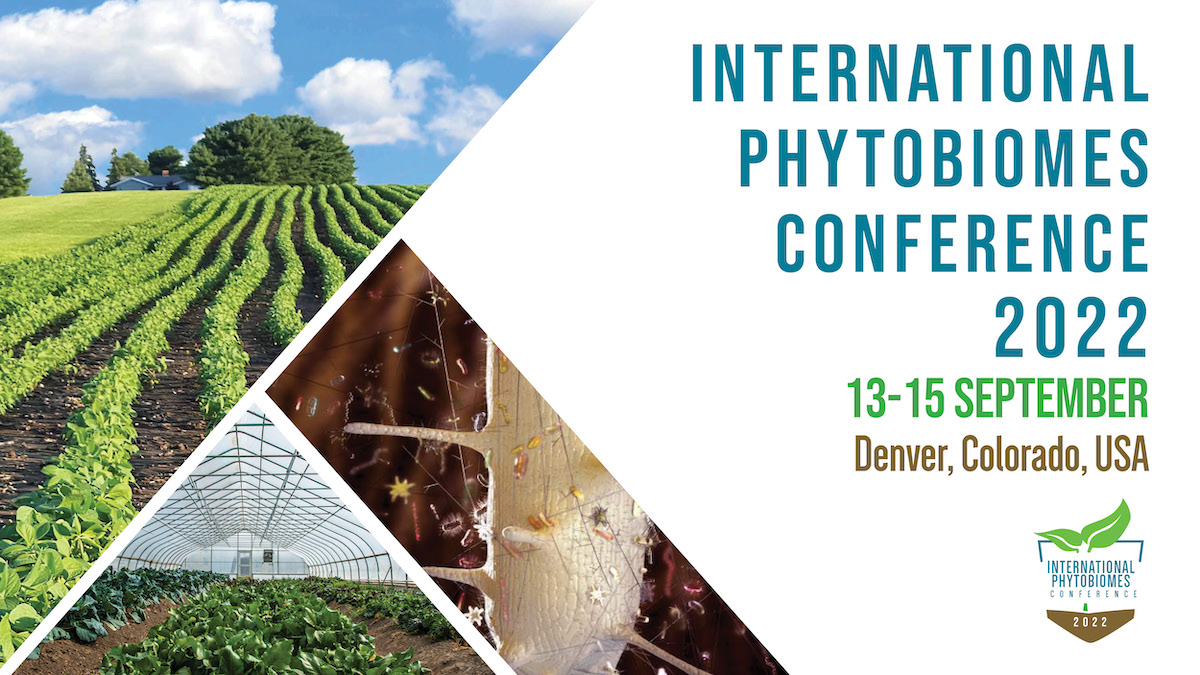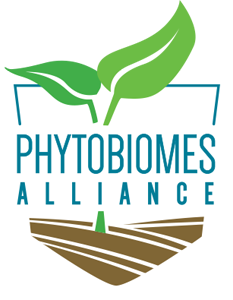
Registration and Abstract submission are open for the International Phytobiomes Conference 2022
Conference website
https://phytobiomesconference.org
Registration link
https://app.oxfordabstracts.com/events/2775/registrations/new
About the Conference
The International Phytobiomes Conference 2022 will bring together a broad community of U.S. and international scientists from the public and private sector as well as agricultural stakeholders to collectively advance the emerging field of phytobiome science.
Plants grow in association and interaction with complex communities of organisms, environmental conditions, and management practices. The term “Phytobiomes” encompasses all of this complexity. It refers to a plant (“phyto”) in a distinct geographical unit (“biome”) – a field, grassland, greenhouse, garden, or forest. A phytobiome includes the plant itself, all micro- and macro-organisms living in, on, or around the plant – such as microbes, animals, insects and other plants – and the environment, including soil, air, water, weather, and climate.
Understanding entire systems of Phytobiomes will be critical to ensuring sustainable global food security in the next decades in the context of population growth, climate change, and the necessity to preserve biodiversity and natural resources. The International Phytobiomes Conference 2022 will bring together a broad community of scientists to collectively advance knowledge of phytobiomes to increase the production of a sufficient supply of safe and nutritious food, feed, and fiber.
Over three days, public and private sector agronomists, plant pathologists, geneticists, microbiologist, soil scientists, data scientists, biostatisticians, plant physiologists, nutrient management experts, weather/climate scientists – to name only some disciplines – will present their research, discuss, and share their expertise to advance knowledge on how phytobiome components interact and affect each other.
The Conference program will cover a wide range of topics related to phytobiomes, from the study of the interactions between microbial communities and associated plants, efforts to improve nutrient management and uptake, to the development of databases, modeling tools and science needs for regulatory agencies. The agenda will be organized into plenary, scientific presentations, poster flash talks and poster sessions and will feature current, cutting-edge, and innovative research approaches related to the understanding of phytobiomes.
